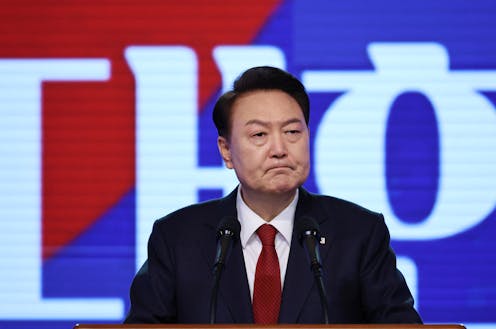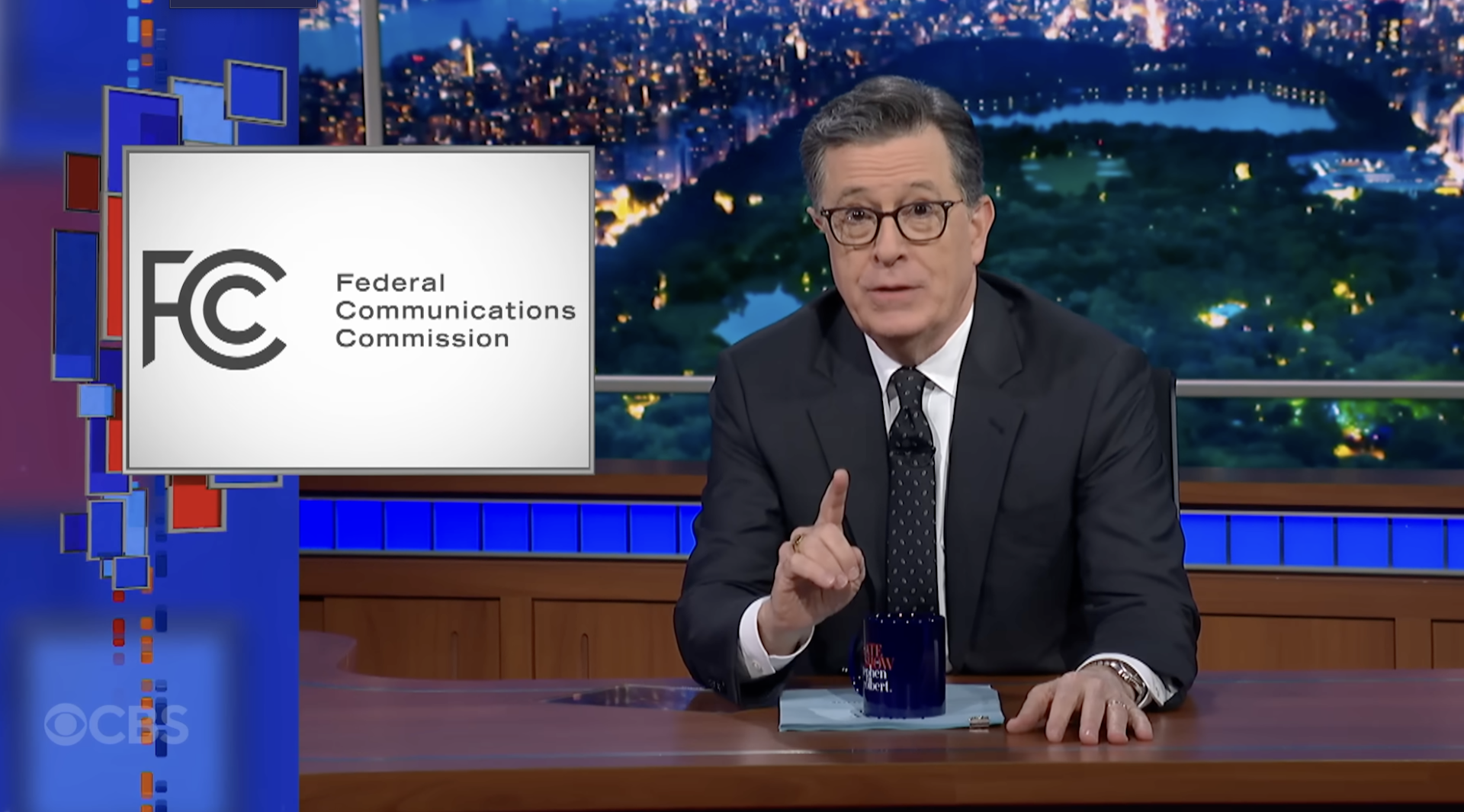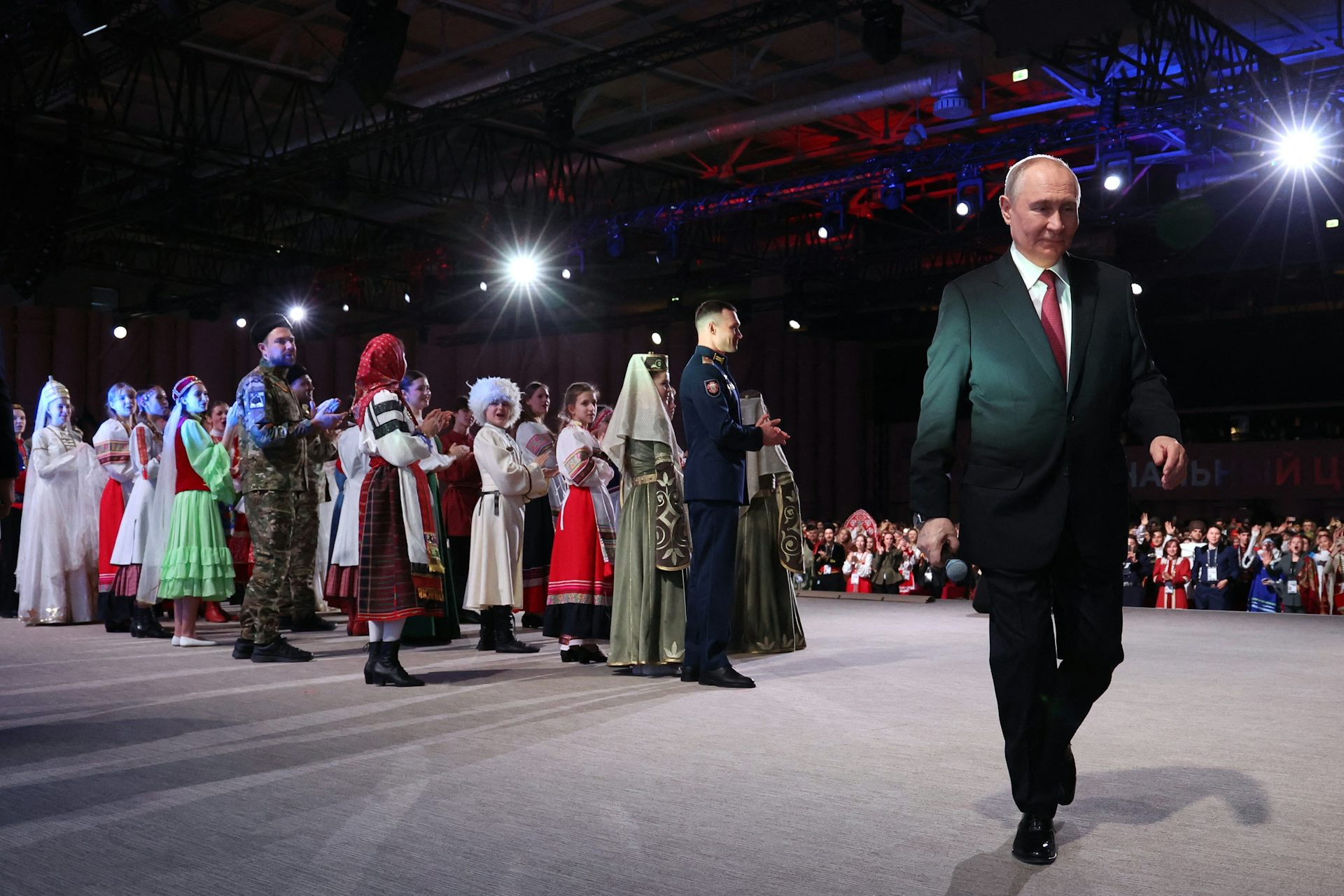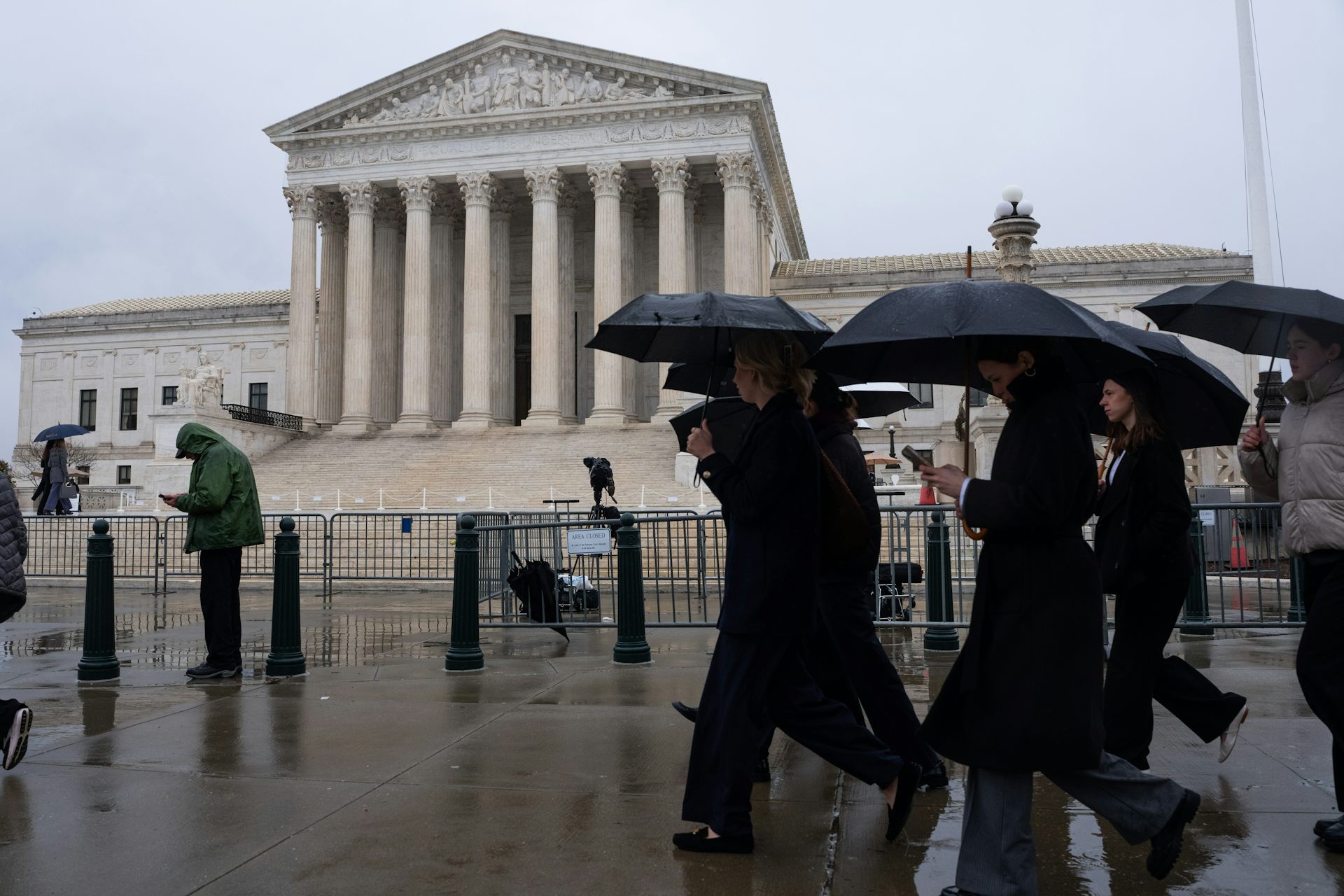South Korean President Yoon faces foreign policy challenges after the National Assembly election
The South Korean leader seeks to strengthen ties with the US and Japan. But he might be hamstrung by domestic concerns.

South Korea’s parliamentary election of April 10, 2024, was widely seen as a referendum on President Yoon Suk Yeol’s first two years in office.
That being the case, the nation collectively expressed its strong disapproval.
With a relatively high turnout of 67%, voters handed Yoon’s conservative People’s Power Party defeat, with its share of the 300-seat National Assembly dropping from 114 to 108.
The opposition Democratic Party retained its large majority in the National Assembly, winning 175 seats and maintaining control in the populous metropolitan areas of Seoul, Incheon and Gyeonggi provinces. Voters also delivered a disappointing outcome for most third-party candidates, the exceptions being the Rebuilding Korea Party, which campaigned as more combative opposition to the DP, and the New Reform Party, which broke away from the ruling PPP earlier this year.
As a political scientist with a focus on East Asia and international affairs, I believe the election results will have ramifications on Yoon’s foreign and domestic agenda during the remainder of his term.
Growing domestic pressure
Yoon had hoped the election would end the political gridlock that has stymied his first two years as president.
Throughout that time, the opposition has held a legislative majority. Subsequently, Yoon’s government has seen key parts of its agenda for education, labor and pension reforms blocked. Yoon has also vetoed multiple bills passed by the opposition-controlled legislature.
But the election saw the DP and other opposition parties amass 192 seats, just short of a veto-proof, two-thirds majority. As such, President Yoon again faces a divided government for the remainder of his term. In fact, he will be the only South Korean president whose party has failed to control the National Assembly at any time during the five-year presidential term.
A better parliamentary outcome for Yoon’s party would have bolstered the chances for the government’s legislative agenda on pressing domestic issues, such as addressing the country’s declining birthrate, high inflation and expanding medical student enrollment, as well as relaxing business regulations.
Instead, the Yoon government is more likely to be on the defensive after the election. Opposition parties have vowed to investigate alleged stock manipulation involving first lady Kim Keon Hee and probe former Defense Minister Lee Jong-sup over claims that he influenced an earlier report into the drowning death of a Korean marine.
Though Yoon retains veto power, there is now growing uncertainty over whether ruling PPP assembly members will continue defending the president’s actions if and when the two probes move forward.
Meanwhile, President Yoon’s prime minister, Han Duck-soo, announced his resignation after the assembly election. The National Assembly can vote against the president’s nominee to replace him, which may compel Yoon to pick a candidate acceptable to the opposition parties.
A trickier foreign policy climate
Under South Korea’s political system, the presidency has greater leeway in national security and foreign affairs than in domestic policy.
As such, the Yoon government will likely continue its foreign policy of expanding trilateral partnerships with the U.S. and Japan, building ties with NATO and striving to be a “global pivotal” state in the Asia-Pacific region.
During his first two years in power, Yoon has generally aligned South Korea closer to the West, though he has also been careful to avoid direct confrontation with China and Russia – both of which are geographic neighbors and trade partners.
While the opposition-controlled National Assembly has, to date, been generally supportive of the Yoon government’s attempts to strengthen ties with the U.S. – a policy that remains popular among the South Korean public – the same cannot be said about its attempts to bolster relations with Japan.
In particular, the Democratic Party and the Rebuilding Korea Party have criticized the prospect of a closer partnership with Japan – whether through military exercises or intelligence sharing – mainly due to Korea’s experiences under Japanese colonial rule.
And despite being generally welcoming of ties with the West, the two opposition parties are more cautious than the Yoon government when it comes to engaging in geopolitical rivalry. Specifically, Democratic Party leader Lee Jae-myung warned during the recent election campaign that South Korea should not become involved in the Russia-Ukraine war or China-Taiwan tensions.
The opposition might not directly stop Yoon from pursuing his foreign policy, but they are likely to pressure the president to pay attention to domestic political issues.
Moreover, opposition parties will be pushing the Yoon government to demonstrate what diplomatic “wins” the country has secured through its partnership with Japan and the United States. Notably, if the point of strategic partnership with the United States and Japan is to ensure security in East Asia, some voters may legitimately ask why it has failed to deter North Korea’s continued military provocations.
If the Yoon government cannot demonstrate diplomatic successes, opposition parties are likely to frame his foreign policy as one-sided “subservient diplomacy.”
Yoon has three years to show that his foreign policy has paid dividends; South Korea’s next presidential election is in the spring of 2027.
How successfully the president can navigate the domestic and international constraints exacerbated by the results of the parliamentary election could determine whether he exceeds the political expectations of a president facing a divided government or encounter, as some predict, an early “lame-duck presidency.”
Jong Eun Lee does not work for, consult, own shares in or receive funding from any company or organization that would benefit from this article, and has disclosed no relevant affiliations beyond their academic appointment.
Read These Next
Why Stephen Colbert is right about the ‘equal time’ rule, despite warnings from the FCC
The ‘equal time’ rule has been around for a century and aims to promote broadcasters’ editorial…
As war in Ukraine enters a 5th year, will the ‘Putin consensus’ among Russians hold?
Polling in Russia suggests strong support for President Vladimir Putin. Yet below the surface, popular…
Supreme Court rules against Trump’s emergency tariffs – but leaves key questions unanswered
The ruling strikes down most of the Trump administration’s current tariffs, with more limited options…






